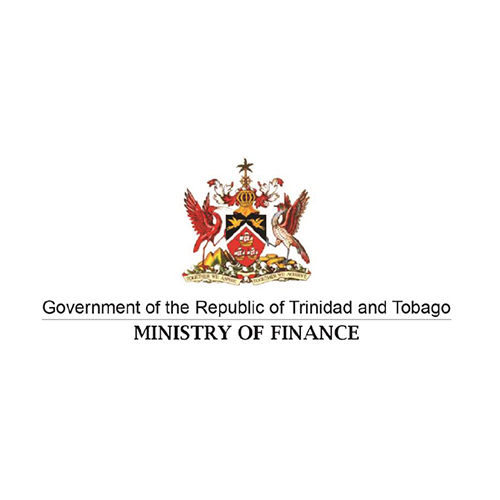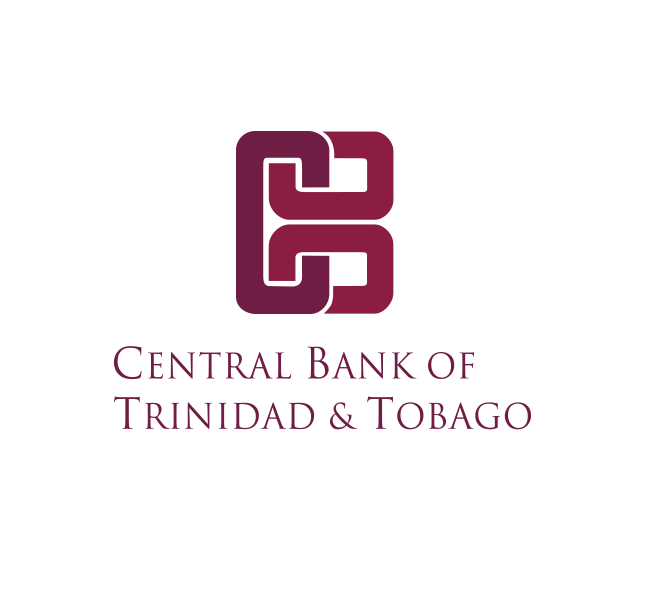Support Services
- +TTSE SME Market
The SME Market was introduced in 2012, aligned with the Trinidad and Tobago Stock Exchange’s (TTSE) vision to further develop the local capital market and promote economic diversification. With the creation of this tier, small and medium-sized companies are afforded the opportunity to raise capital on the domestic stock market and the SME Market serves to provide an alternative financing source for capital expansion.
The TTSE SME Market targets all SME owners and entrepreneurs who meet the eligibility criteria to list on the Exchange.
Benefits
- Tax Incentives: 10-year Tax Incentive can be used to strengthen the Balance Sheet
- A full tax holiday for the first five years from listing on the TTSE (exemption from the payment of Corporation Tax, Business Levy and Green Fund Levy)
- A fifty percent (50%) reduction in taxes for the second five-year period (Corporation Tax, Business Levy and Green Fund Levy)
- Access to Equity Financing; no obligation to pay debt; no collateral requirements
- Increased Brand Visibility, Enhanced Reputation, and Transparency of the Business
- Price Discovery: Establishes a market value and eliminates the uncertainty for determining share value
- ESOP Incentives: Shares can be offered as performance incentive to employees
- Raising Capital:
- Ability to raise funds through Additional Public Offering (APO)
For further information, please visit the TTSE SME Market website
Or contact TTSE via email at smemarket@stockex.co.tt
Frequently Asked Questions
The following are responses to some frequently ask questions for companies who may be desirous of listing in the TTSE SME Market. Additional information on the SME Market are available at SME Resource Center on the TTSE’s website (stockex.co.tt).
The SME Market was established by the TTSE in response to an announcement by the Minister of Finance in the 2012 national budget which seeks to provide SMEs with an avenue for raising capital in the local market to fund their growth and expansion and to also reduce their reliance on bank financing.
In accordance with Section 4 of the Finance Act 2020, an “SME Listed Company” is a Small And Medium Enterprise Company listed on the TTSE whose:
- Minimum issued share capital of TT$5 million and the maximum issued share capital must not exceed TT$50 million following an Initial Public Offering (IPO);
- Minimum and maximum capital base comprises of issued share capital only and does not include retained earnings and accounts transferred from such issued share capital or retained earnings to a reserved account;
- Unconnected shareholders is a minimum of 25 shareholders, who own a total of at least 30% of the new issued share capital of the company; and
- Capital is raised with the issuance of an IPO to be followed by a listing on the TTSE no more than 60 days after allotment of the issue.
Tax Incentives:
- Zero percent Corporation Tax, Green Fund and Business Levy for the first five (5) years from listing on the TTSE, i.e. applicable for Year 1 through Year 5;
- Fifty percent reduction on Corporation Tax, Green Fund and Business Levy for the next five (5) years from listing on the TTSE, i.e. applicable for Year 6 through Year 10.
Visibility:
- Increased brand visibility and transparency of the business
- Increased public awareness
- Enhanced reputation
Raising Capital
- Access to equity financing via an IPO or an Additional Public Offering (APO)
- Attract broader investor base
- Easier access to international markets
Price Discovery
- Establish a market value
- Eliminates uncertainty for determining share value
- Facilitate stock-related activity
Lighter Debt Burden:
- Patient Capital – investors are willing to make a financial investment in a business with no expectation of turning a quick profit. Instead, the investor is willing to forgo an immediate return in anticipation of more substantial returns
- No collateral requirements
Employee Stock Option Plan (ESOP) Incentives- Shares can be offered as a performance incentive to employees.
Exit Strategy – Cash-out opportunity.
SMEs that are desirous of listing in the TTSE SME Market must:
- Be registered under the appropriate legislation;
- Prepare the Offering Document/Prospectus;
- Submit an application to the TTSE; and
- Appoint a Mentor.
To assist you with this process, you will need a team of advisors that may include:
- Business Advisors to assess that you are adequately positioned;
- A Stockbroker to assist with the listing process, prospectus, and interact with both the regulator as and the investor public; and
- Legal Counsel.
Please visit the TTSE website for further information.
A Mentor is appointed by the SME to perform the functions and responsibilities of a Mentor in accordance with the TTSE SME Mentorship Rules having entered into an appropriate Mentorship Agreement with the SME. An Appointed Mentor must be an Approved Mentor.
At a minimum, a Mentor must:
- Hold a valid Fit and Proper Certificate or Letter of No Objection issued by a local or foreign financial regulator; or
- Assessed as Fit and Proper by the TTSE.
Further details are outlined in the TTSE SME Market Rules.
The TTSE SME Mentorship programme is an initiative that aims to strengthen the SME’s capacity to operate within general industry standards with respect to corporate governance, financial reporting and disclosure of material information. A Mentor can:
- Assist SMEs in entering the stock market;
- Diagnose gaps in compliance and corporate governance within the SME; and
- Review and enhance the governance and reporting structure to assist SMEs in operating as a public company.
Further information on the TTSE Mentorship programme can be obtained from the TTSE website
A list of the Approved TTSE Mentors can be obtained on the TTSE’s website.
Yes, there are initial listing fees and a subsequent annual listing fees. Details on the TTSE fees can be obtained on our website. Some other costs to be aware of are stockbroker fees, professional services fees, printing costs and regulator fees.
After listing on the TTSE, your company would be required to:
- Publish financial statements and produce an Annual Report; and
- Disclose any material information to the TTSE and its shareholders.




